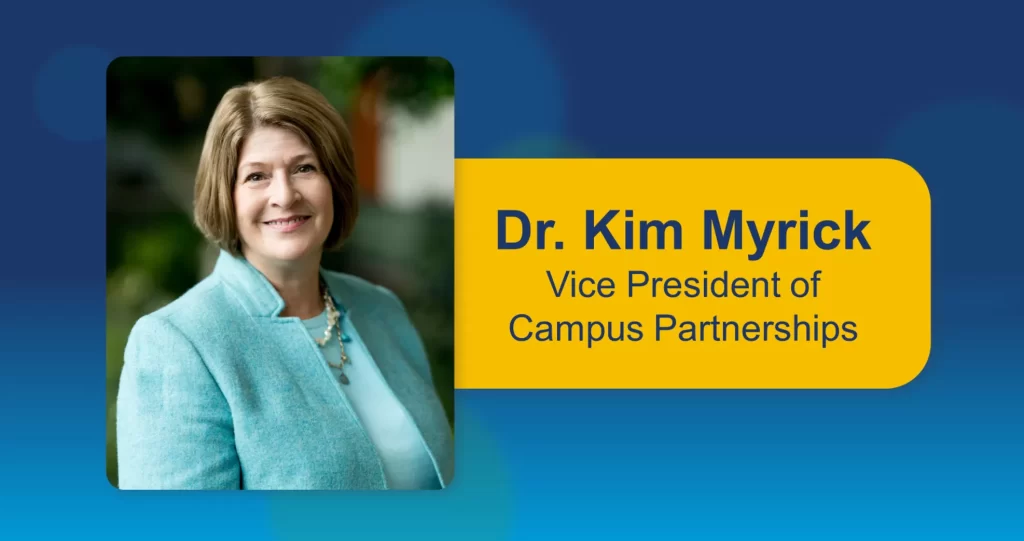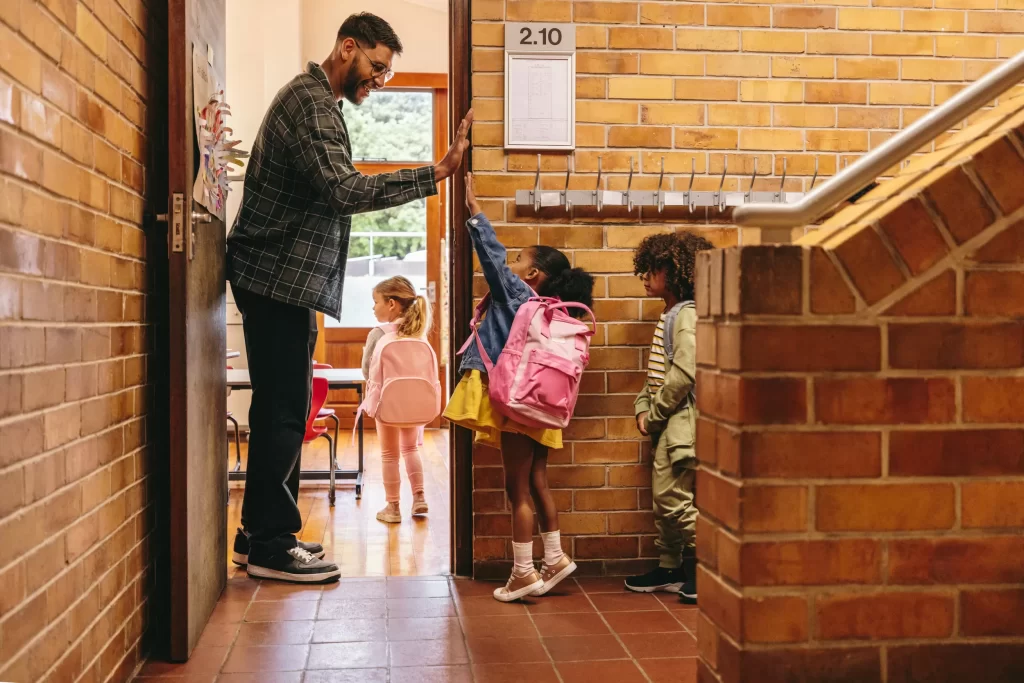Ardeo News
By Ann Lloyd of StudentSavingsGuide.com
The goal of every parent is for their child to have a better life and live in a better world than they did. The unfortunate truth is that this often requires money. Luckily, there are plenty of ways every parent on every budget can help their child become financially independent and achieve their goals. For example, anyone can open a 529 account or set up a trust fund, and it doesn’t have to have a million dollars in it to be a good start.
From providing a financial education to helping your child build credit to co-signing on a loan for their education, here are some of the best ways to help a young person get a head start on their financial future.
Start Early
When should you start to prepare for your child’s financial future? Before they are born, is the best answer. In other words, if you know you plan to have children, go ahead and build it into your budget. Placing $100 a month into a savings account with 2% interest will net you nearly $30,000 in just 20 years. The earlier you start, the more money your child will have available to them when they become an adult.
If you already have children, it’s never too early (or too late) to involve them in the process of planning for their future. Allow them to earn money by doing tasks around the house, and help them understand the difference between wants and needs. Teach them the importance of saving and to identify the positive feelings that come with financial security. Use games, simulations, and real-life scenarios to help them grasp complex concepts.
Prepare for Education Costs
For a better world, young people must receive the best education they can. Research findings are consistent, clear, and compelling: the more education, the better economic and individual benefits for your child. But it is still important to make responsible decisions about a life investment like college. When contemplating the cost of higher education, your financial actions as a parent will impart valuable lessons to your child.
Opening trust funds and custodial accounts for college is a brilliant idea. Small weekly contributions will add up. Interest rates will help to build their funds without much hands-on work. But talk to your children about these accounts. From kindergarten to high school, explain why saving is important. Stress the value of planning and preparation, especially with finances.
Even if your financial status doesn’t allow you to devote much money to a fund, detail the importance of post-high school education, and let them know it is within their reach. In addition to scholarships and grants, there are means to provide everyone with continued education, such as Loan Repayment Assistance Programs (LRAPs). Many families hesitate to attend college due to fear of college costs and educational loans. The availability of LRAPs help to remove the fear of being saddled in debt, allowing families to make decisions based on their child’s strengths, interests, and goals.
Talk about Life Choices
Finances aren’t just numbers on a spreadsheet. There are plenty of other lessons you can teach your children that will directly and indirectly benefit their finances. One example is taking care of belongings so that they last longer. It’s important your child knows how to maintain everything from their electronics to their vehicle to their living space – and what it will cost if they don’t.
Again, real-world examples are your friend. Catch them throwing a baseball in the house? Explain the cost to replace a window could be as much as $1800. If they are old enough to have a part-time job, equate that amount to their hourly wage so they understand how long it would take to pay for it.
As your child prepares to venture out on their own, be prepared for uncomfortable (but necessary) conversations. When you are talking about making healthy choices when it comes to relationships, substance abuse, and healthy habits, be sure to note the potentially-severe financial consequences. Something as simple as wearing your seatbelt could save your life and your finances. According to recent seat belt statistics, crashes in 2012 alone led to $18 billion in lifetime medical costs.
Teach Them What You Should Have Known
Think back to how you felt when you became an adult. What did you wish your parents had told you? Did you buy a new car right out of college? What about credit cards — did you know the importance of safely building credit, or did you max out your first pre-approved card? Don’t hide your missteps from your children. They won’t judge you. They will see you all the more responsible for sharing your hard-earned wisdom.
As adults, we (should) know how to spend and save our money properly. Pass that along to your children. Be the example you want your children to follow when it comes to finances. You can’t expect them to know the value of saving when you buy expensive items every month and live down to the pennies before payday.
Preparing your children for a successful life begins when they do. The importance of finances and prudent money decisions is evident to adults. It is your responsibility to share that importance with your kids. Start early, utilize beneficial saving techniques and special accounts to ensure the most funds for your children when they come of age. But don’t forget to explain the world to them, as well. You’ve got 18 years to get them ready. You can do this.


